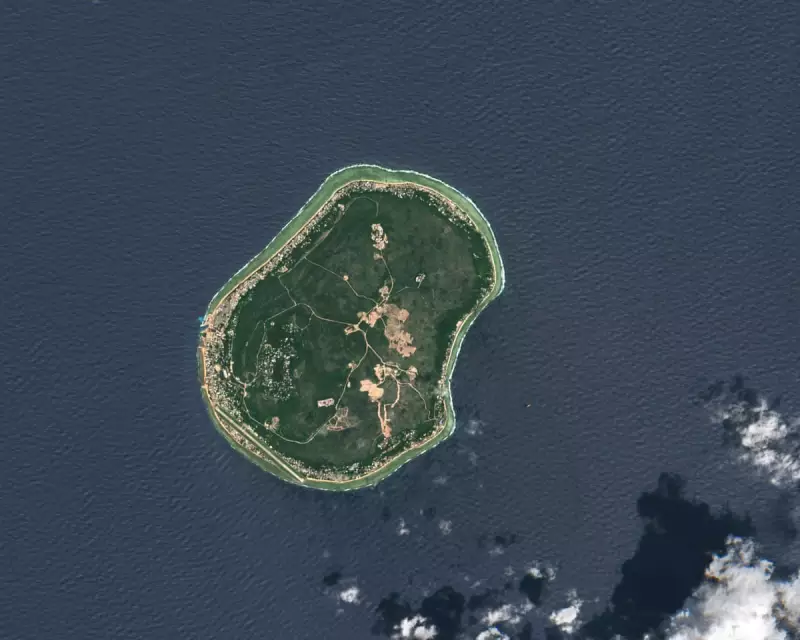
Nauruan authorities are undertaking extensive preparations for the anticipated arrival of a cohort of asylum seekers from Australia's offshore processing regime, with internal documents warning of a 'potentially hostile' reception and significant security challenges.
Exclusive documents obtained by The Guardian reveal deep concerns within the Nauru government regarding the transfer of individuals affected by the landmark NZYQ High Court ruling, which forced Australia to release dozens from indefinite immigration detention.
Security Preparations Underway
Official correspondence indicates that Nauruan officials are actively planning for the scenario where these individuals might be sent to the island nation. The documents explicitly reference the need to prepare for 'hostile and uncooperative behaviour' from the incoming cohort.
This preparation includes assessing security requirements and potential operational impacts on the island's existing processing facilities. The warnings suggest authorities anticipate possible resistance from those who may be transferred under Australia's offshore processing arrangements.
Context of the NZYQ Ruling
The situation stems from the November 2023 High Court decision that overturned indefinite immigration detention, leading to the release of over 150 people, including those designated under the NZYQ case. The Australian government has been seeking alternative arrangements for this cohort, with Nauru remaining a possible destination despite the complexities involved.
The documents highlight the delicate nature of these transfers and the very real concerns held by Nauruan authorities about managing individuals who have experienced extensive detention periods and legal battles.
Ongoing Diplomatic Discussions
While the Australian government maintains that no final decisions have been made regarding transfers to Nauru, the preparation documents suggest serious contingency planning is underway. The revelations point to the continuing challenges Australia faces in managing its offshore processing policy while adhering to domestic legal rulings.
The situation remains fluid, with both Australian and Nauruan officials navigating the complex intersection of international obligations, domestic law, and practical operational realities.





